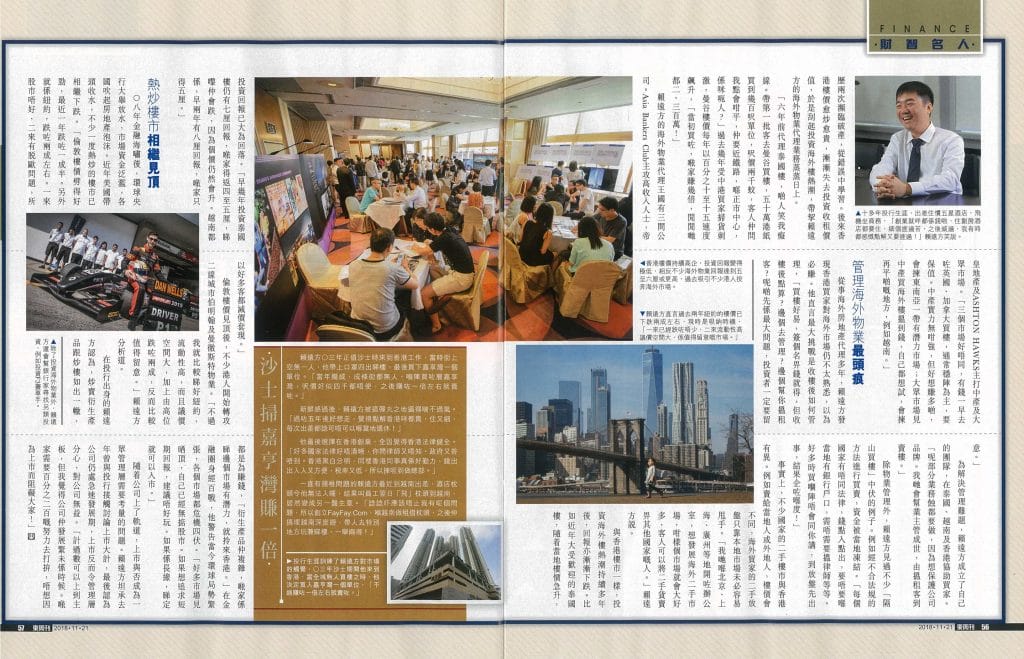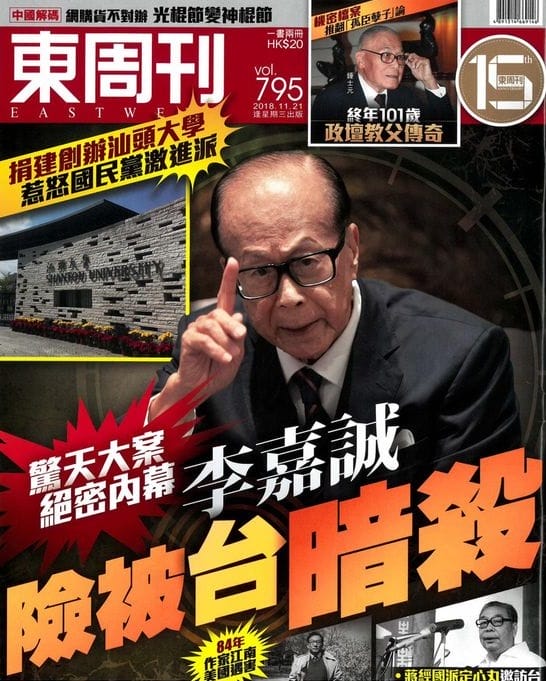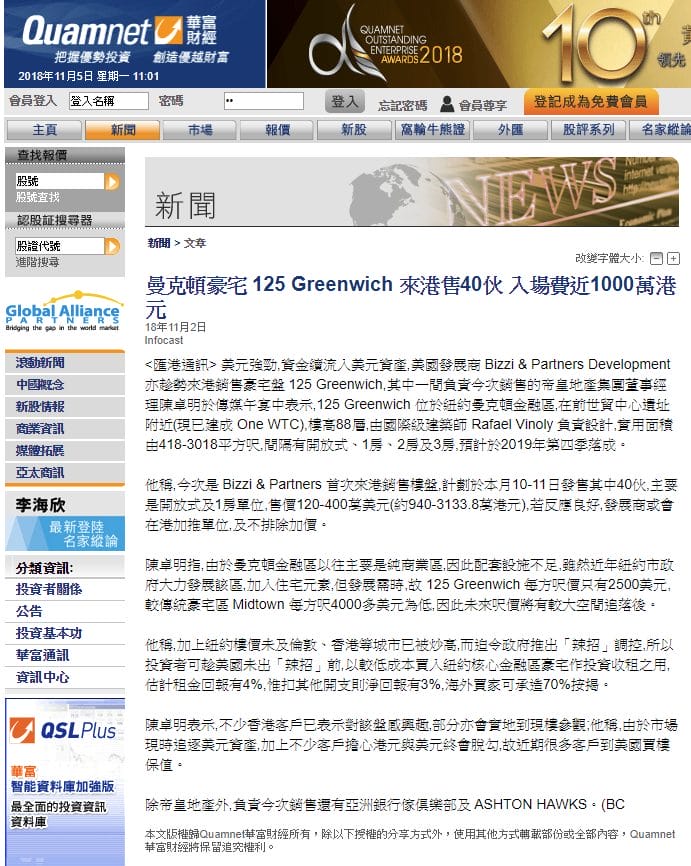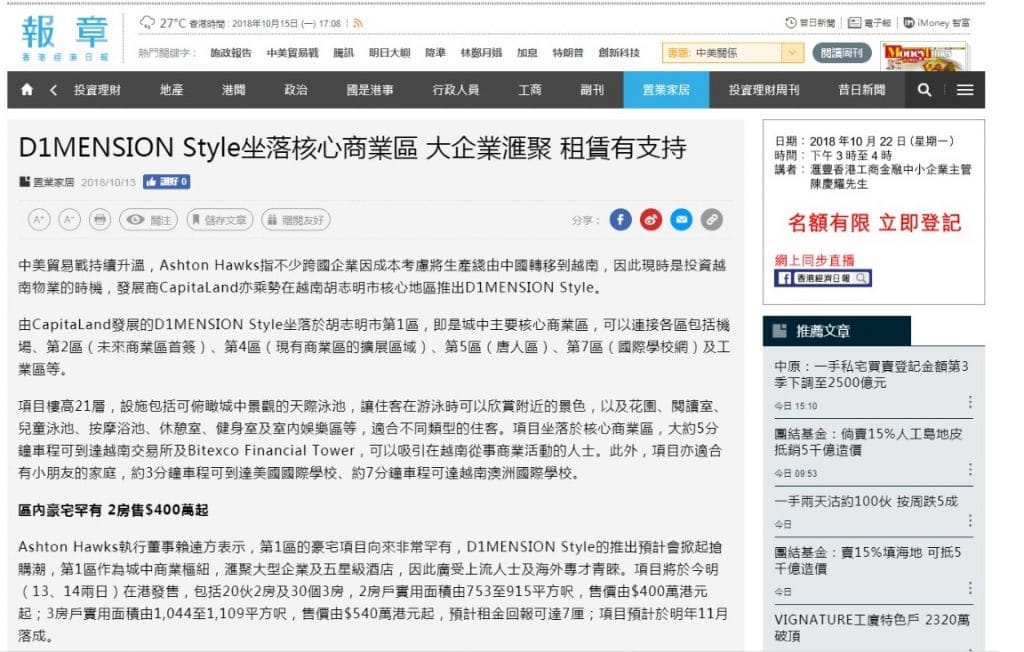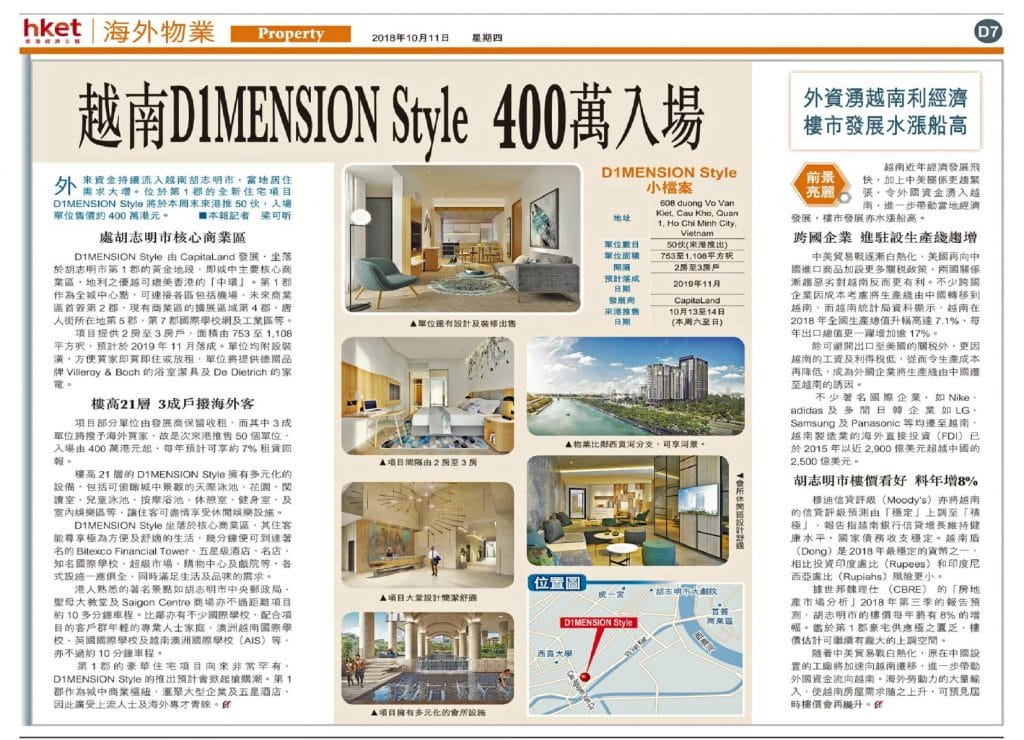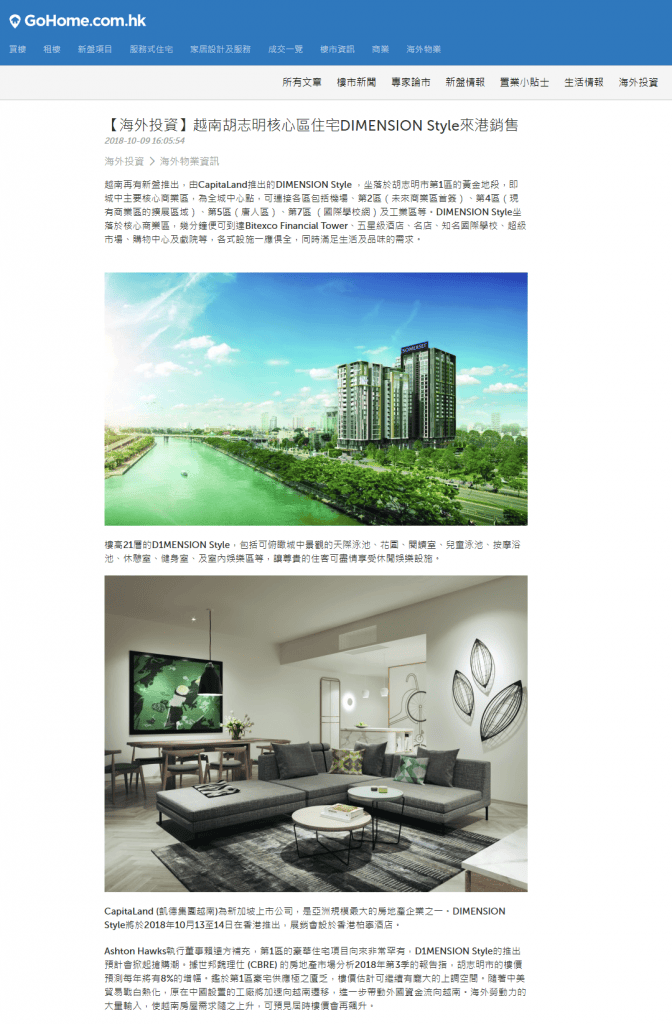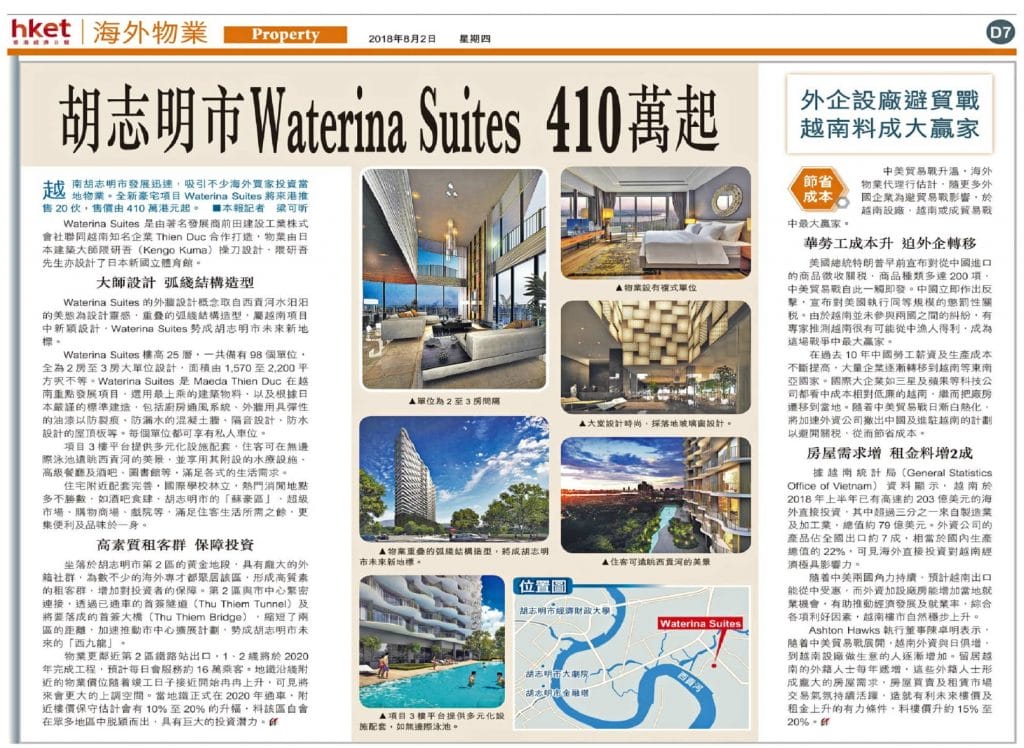With a thriving luxury property market and low entry prices against the background of a booming economy, not to mention its rich cultural heritage, picturesque beaches, and mouthwatering food, Vietnam is fast becoming one of Asia’s hottest destinations to visit and live.
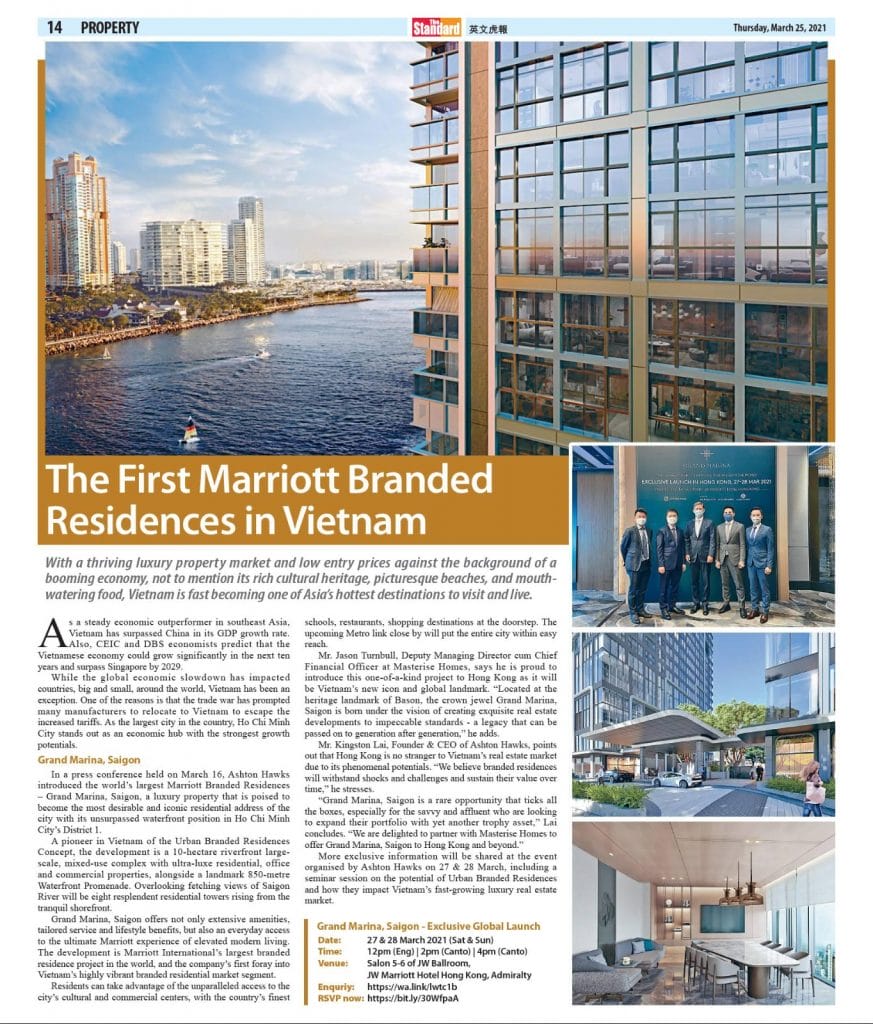
As a steady economic outperformer in southeast Asia, Vietnam has surpassed China in its GDP growth rate. Also, CEIC and DBS economists predict that the Vietnamese economy could grow significantly in the next ten years and surpass Singapore by 2029.
While the global economic slow down has impacted countries, big and small, around the world, Vietnam has been an exception. One of the reasons is that the trade war has prompted many manufacturers to relocate to Vietnam to escape the increased tariffs. As the largest city in the country, Ho Chi Minh City stands out as an economic hub with the strongest growth potentials.
Grand Marina, Saigon
In a press conference held on March 16, Ashton Hawks introduced the world’s largest Marriott Branded Residences – Grand Marina, Saigon, a luxury property that is poised to become the most desirable and iconic residential address of the city with its unsurpassed waterfront position in Ho Chi Minh City’s District 1.
A pioneer in Vietnam of the Urban Branded Residences Concept, the development is a 10-hectare riverfront largescale, mixed-use complex with ultra-luxe residential, office and commercial properties, alongside a landmark 850-metre Waterfront Promenade. Overlooking fetching views of Saigon River will be eight resplendent residential towers rising from the tranquil shorefront.
Grand Marina, Saigon offers not only extensive amenities, tailored service and lifestyle benefits, but also an everyday access to the ultimate Marriott experience of elevated modern living. The development is Marriott International’s largest branded residence project in the world, and the company’s first foray into Vietnam’s highly vibrant branded residential market segment.
Residents can take advantage of the unparalleled access to the city’s cultural and commercial centers, with the country’s finest schools, restaurants, shopping destinations at the doorstep. The upcoming Metro link close by will put the entire city within easy reach.
Mr. Jason Turnbull, Deputy Managing Director cum Chief Financial Officer at Masterise Homes, says he is proud to introduce this one-of-a-kind project to Hong Kong as it will be Vietnam’s new icon and global landmark. “Located at the heritage landmark of Bason, the crown jewel Grand Marina, Saigon is born under the vision of creating exquisite real estate developments to impeccable standards – a legacy that can be passed on to generation after generation,” he adds.
Mr. Kingston Lai, Founder & CEO of Ashton Hawks, points out that Hong Kong is no stranger to Vietnam’s real estate market due to its phenomenal potentials. “We believe branded residences will withstand shocks and challenges and sustain their value over time,” he stresses.
“Grand Marina, Saigon is a rare opportunity that ticks all the boxes, especially for the savvy and affluent who are looking to expand their portfolio with yet another trophy asset,” Lai concludes. “We are delighted to partner with Masterise Homes to offer Grand Marina, Saigon to Hong Kong and beyond.”
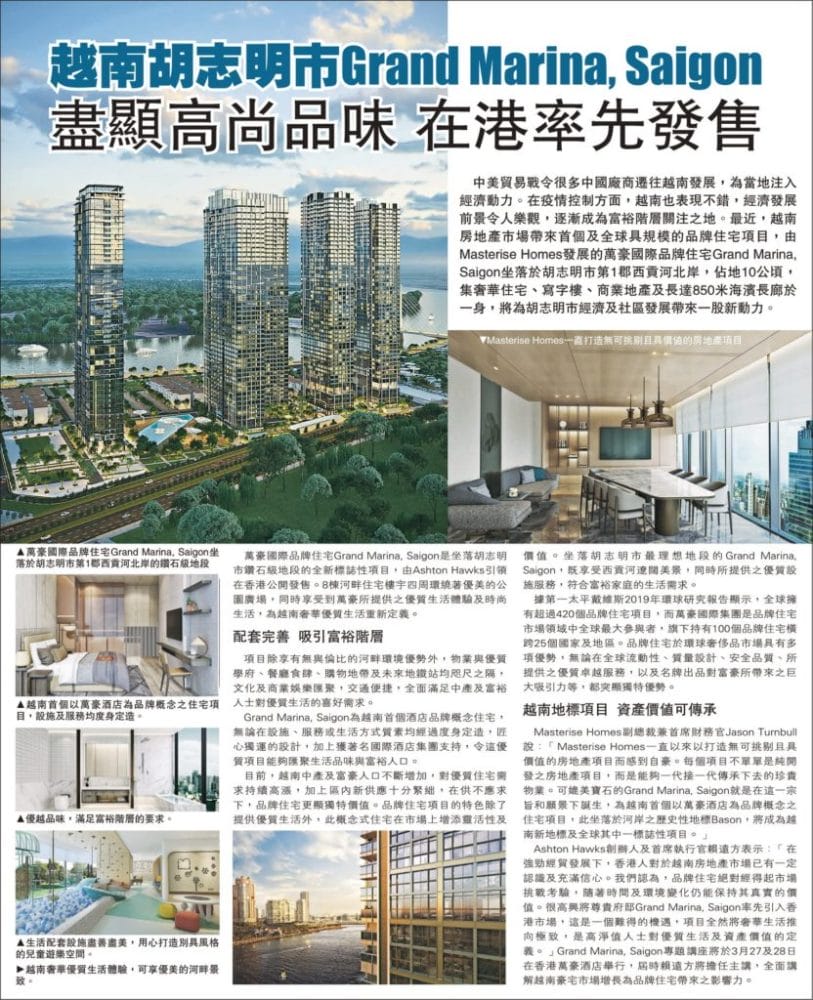
The Sino-US trade war has caused many Chinese manufacturers to move to Vietnam for development, injecting economic impetus into the local area. In terms of epidemic control, Vietnam has also performed well. Its economic development prospects are optimistic and it has gradually become a place of concern for the wealthy class. Recently, Vietnam’s real estate market has brought about the first and largest-scale branded residential project in the world, led by
Grand Marina, Saigon, a Marriott International brand residence developed by Masterise Homes, is located on the north bank of the Saigon River in District 1, Ho Chi Minh City. It covers an area of 10 hectares and integrates luxury residences, office buildings, commercial real estate and an 850-meter-long seaside promenade. The city’s economic and community development has brought a new impetus.
Marriott International brand residence Grand Marina, Saigon is a new landmark project located in a diamond-level location in Ho Chi Minh City. It is publicly launched in Hong Kong led by Ashton Hawks. The 8 riverside residential buildings are surrounded by beautiful park plazas, while enjoying the high-quality living experience and fashionable life provided by Marriott, redefining luxury and high-quality life in Vietnam.
Complete supporting facilities attract wealthy people
In addition to enjoying an unparalleled riverside environmental advantage, the project is within easy reach of high-quality schools, restaurants, shopping areas and future subway stations. It brings together culture, business and entertainment, and has convenient transportation, fully satisfying the preferences of the middle class and wealthy people for quality life. need.
Grand Marina, Saigon is the first hotel-branded concept residence in Vietnam. It is tailor-made in terms of facilities, services and lifestyle quality. Its ingenious design and support from well-known international hotel groups make this high-quality project Gathering lifestyle and wealthy population.
At present, Vietnam’s middle-class and wealthy population continues to increase, and the demand for high-quality residences continues to rise. In addition, new supply in the region is very tight. With demand exceeding supply, branded residences have become even more unique. In addition to providing quality living, the features of branded residential projects also add flexibility and value to the market. Grand Marina, Saigon is located in the most ideal location in Ho Chi Minh City. It not only enjoys the vast beauty of Saigon River, but also provides high-quality facilities and services that meet the living needs of wealthy families.
According to Savills’ 2019 Global Research Report, there are more than 420 branded residential projects in the world, and Marriott International Group is the world’s largest player in the branded residential market, with 100 branded residences spanning 25 countries. and region. Branded residences have many advantages in the global luxury market. They all highlight their unique advantages in terms of global mobility, quality design, safety and quality, high-quality and excellent services provided, and the huge attraction that brand-name products bring to the wealthy.
The asset value of Vietnam’s landmark projects can be passed down
Jason Turnbull, Vice President and Chief Financial Officer of Masterise Homes, said: “Masterise Homes has always prided itself on creating impeccable and valuable real estate projects. Each project is not just a pure development real estate project, but one that can be built from generation to generation. A precious property that will be passed down. The gem-like Grand Marina, Saigon was born under this purpose and vision. It is the first residential project in Vietnam with the Marriott hotel brand concept. This historic landmark Bason located on the river bank will become A new landmark in Vietnam and one of the iconic projects in the world.”
Lai Yuanfang, founder and CEO of Ashton Hawks, said: “With strong economic and trade development, Hong Kong people have a certain understanding and confidence in Vietnam’s real estate market. We believe that branded residences can definitely withstand the test of market challenges. As time goes by, It can still maintain its true value despite changes in the environment. It is a great pleasure to introduce the prestigious residence Grand Marina, Saigon to the Hong Kong market first. This is a rare opportunity. The project completely pushes luxury life to the extreme and is the ideal choice for high-net-worth individuals in terms of high-quality life and asset value. Definition. “The Grand Marina, Saigon seminar will be held at the Hong Kong Marriott Hotel on March 27 and 28, and will comprehensively explain the impact of the growth of Vietnam’s luxury housing market on branded residences.
Ashton Hawks Founder and CEO Mr. Kingston Lai, who also founded Golden Emperor Properties and Asia Bankers Club, was interviewed by Next Plus to share his road on being a successful entrepreneur. Review the interview with the link below for the full article and video:
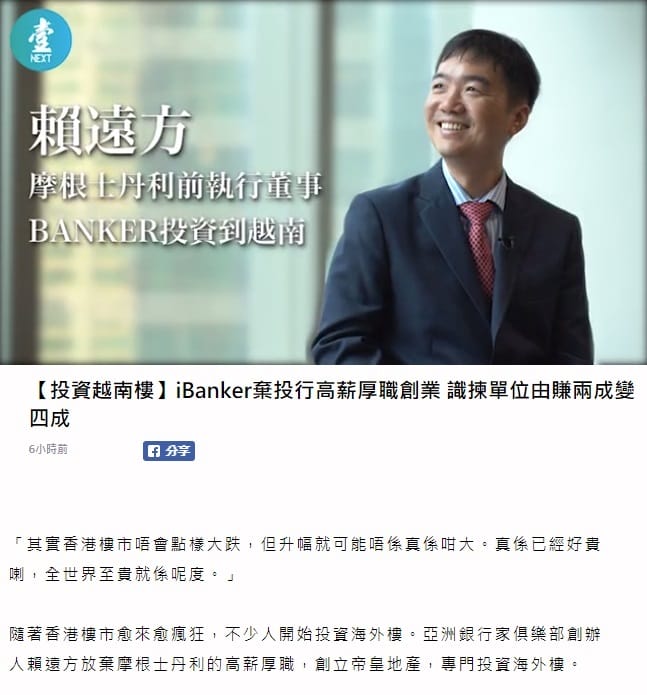
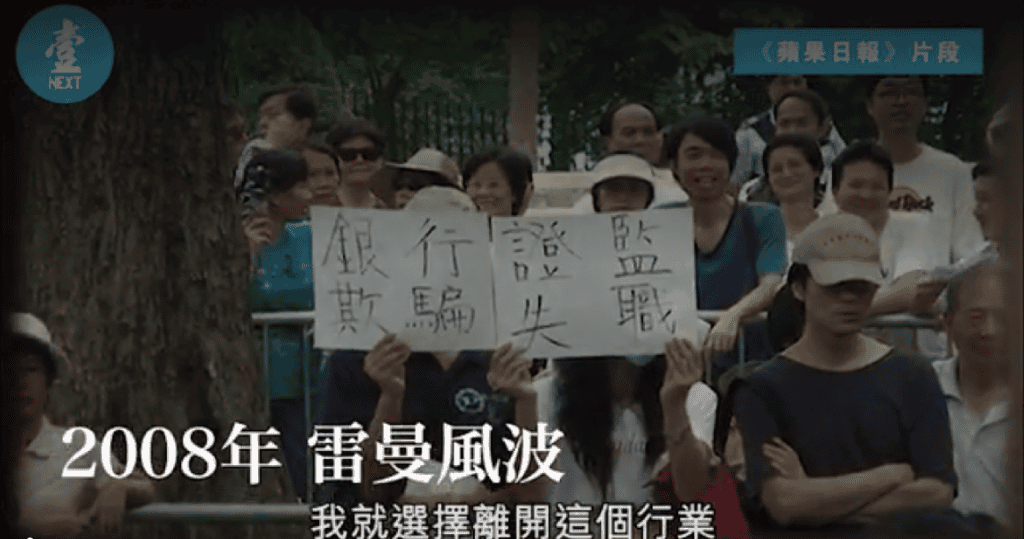
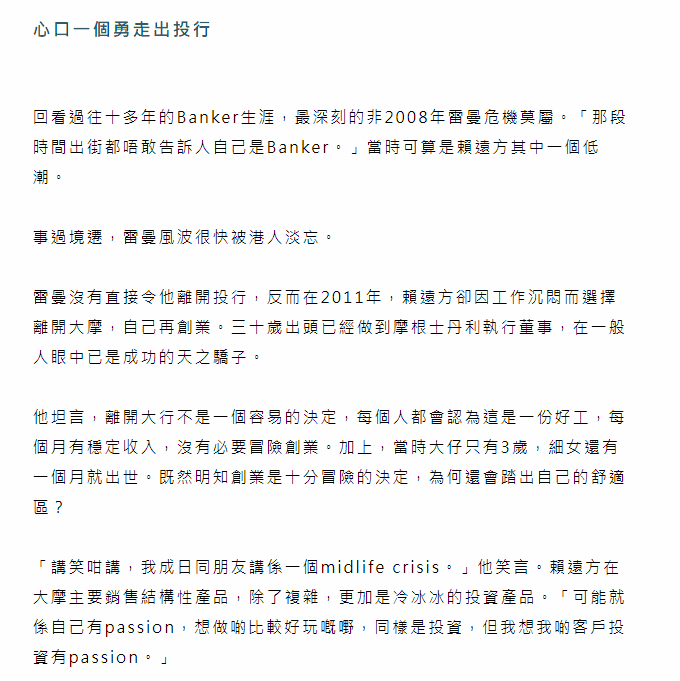
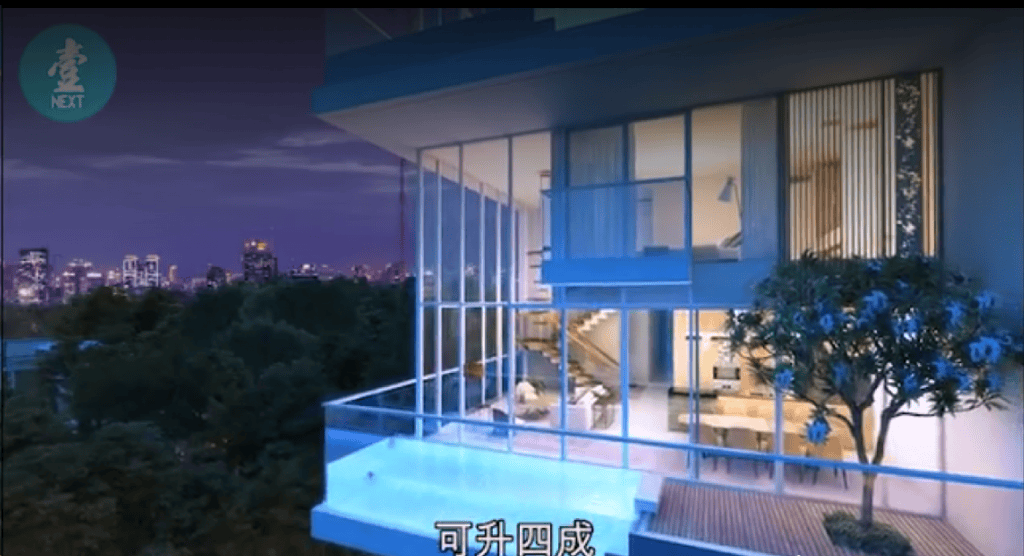
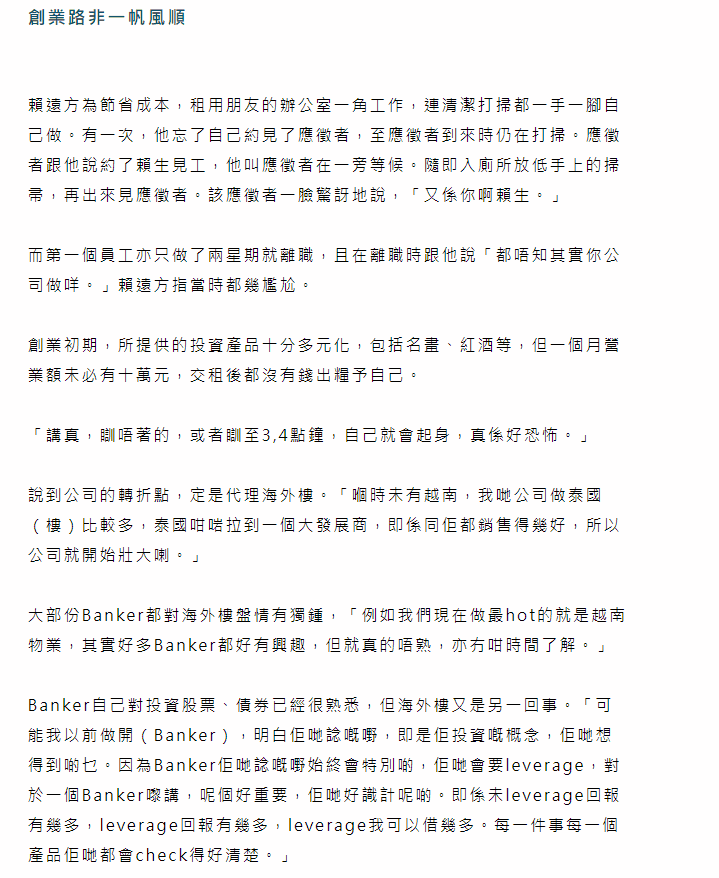
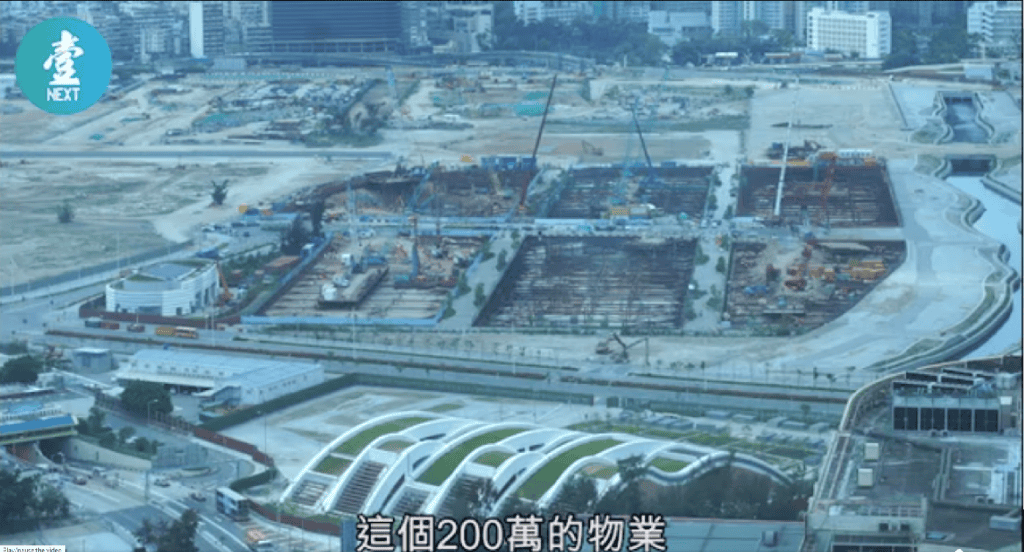
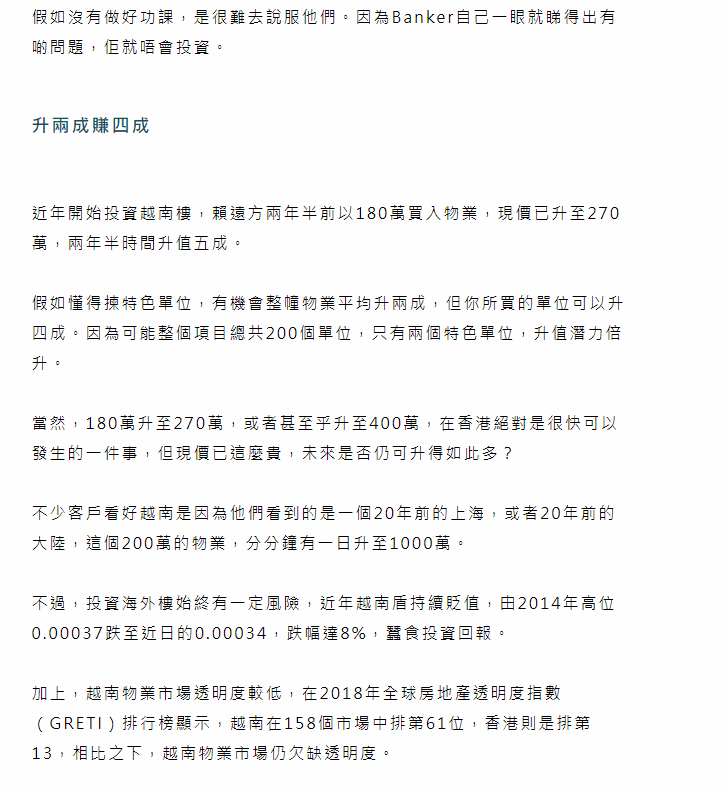
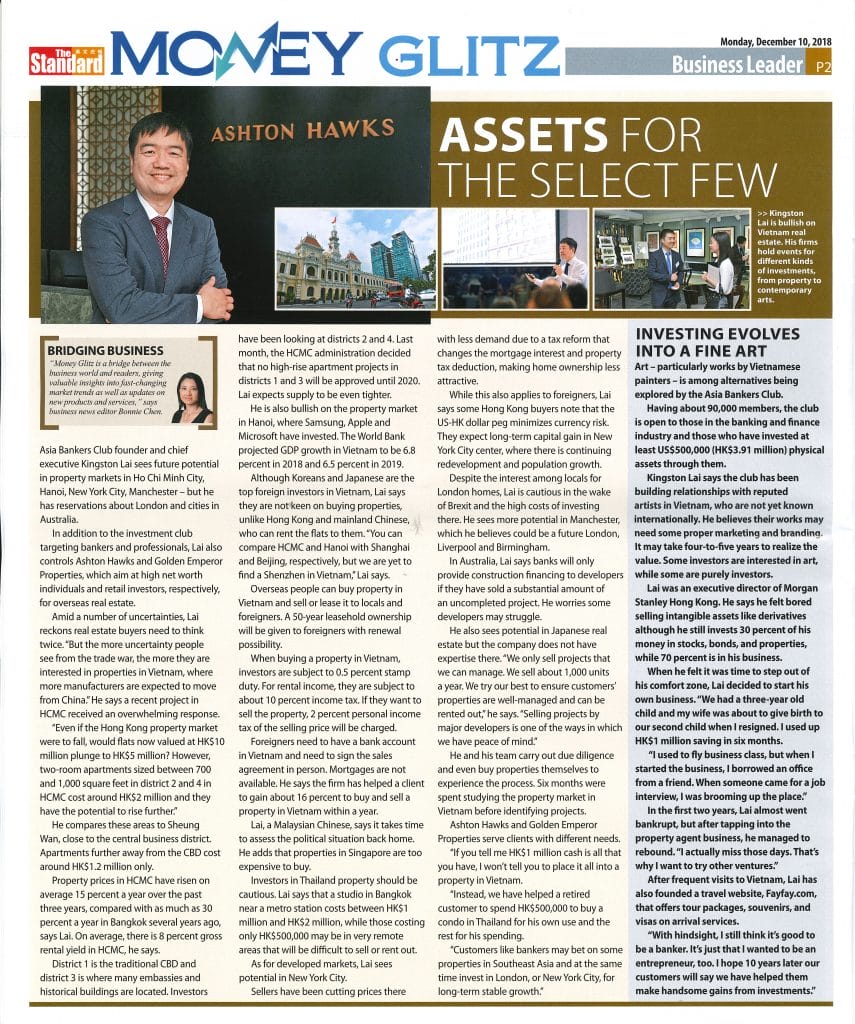
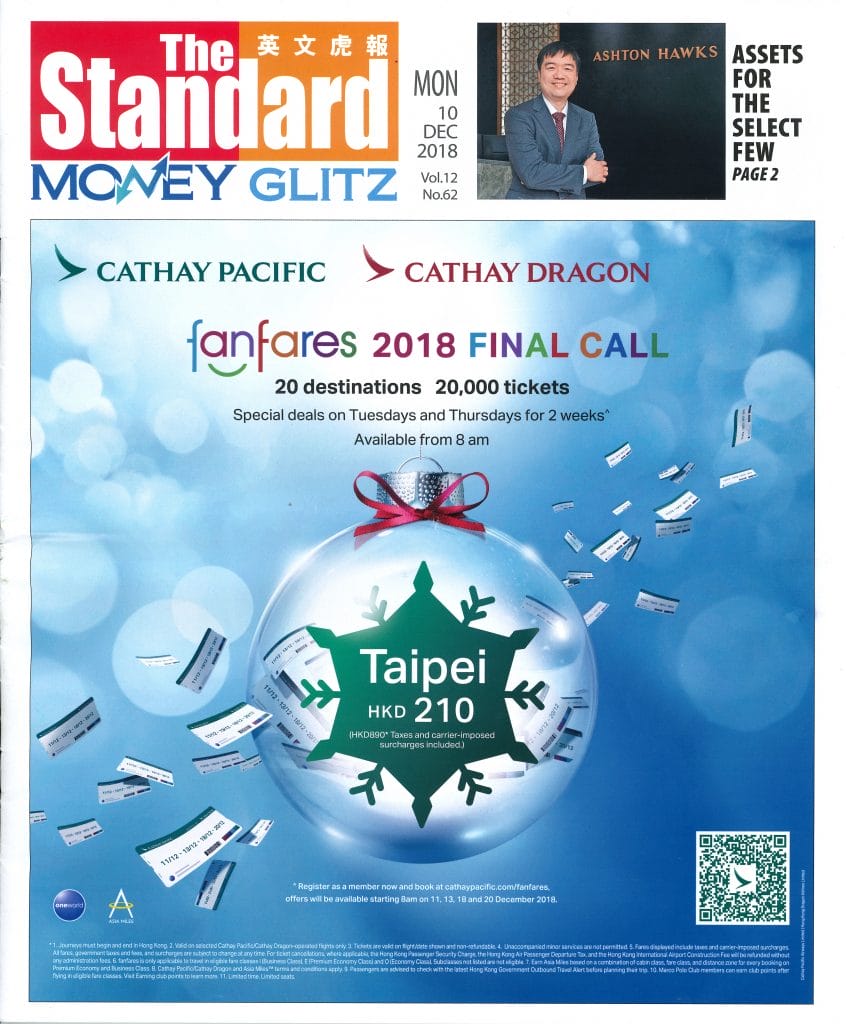
Asia Bankers Club founder and chief executive Kingston Lai sees future potential in property markets in Ho Chi Minh City, Hanoi, New York City, Manchester – but he has reservations about London and cities in Australia.
In addition to the investment club targeting bankers and professionals, Lai also controls Ashton Hawks and Golden Emperor Properties, which aim at high net worth individuals and retail investors, respectively, for overseas real estate.
Amid a number of uncertainties, Lai reckons real estate buyers need to think twice. “But the more uncertainty people see from the trade war, the more they are interested in properties in Vietnam, where more manufacturers are expected to move from China.” He says a recent project in HCMC received an overwhelming response.
“Even if the Hong Kong property market were to fall, would flats now valued at HK$10 million plunge to HK$5 million? However, two-room apartments sized between 700 and 1,000 square feet in district 2 and 4 in HCMC cost around HK$2 million and they have the potential to rise further.”
He compares these areas to Sheung Wan, close to the central business district. Apartments further away from the CBD cost around HK$1.2 million only.
Property prices in HCMC have risen on average 15 percent a year over the past three years, compared with as much as 30 percent a year in Bangkok several years ago, says Lai. On average, there is 8 percent gross rental yield in HCMC, he says.
District 1 is the traditional CBD and district 3 is where many embassies and historical buildings are located. Investors have been looking at districts 2 and 4. Last month, the HCMC administration decided that no high-rise apartment projects in districts 1 and 3 will be approved until 2020. Lai expects supply to be even tighter.
He is also bullish on the property market in Hanoi, where Samsung, Apple and Microsoft have invested. The World Bank projected GDP growth in Vietnam to be 6.8 percent in 2018 and 6.5 percent in 2019.
Although Koreans and Japanese are the top foreign investors in Vietnam, Lai says they are not keen on buying properties, unlike Hong Kong and mainland Chinese, who can rent the flats to them. “You can compare HCMC and Hanoi with Shanghai and Beijing, respectively, but we are yet to find a Shenzhen in Vietnam,” Lai says.
Overseas people can buy property in Vietnam and sell or lease it to locals and foreigners. A 50-year leasehold ownership will be given to foreigners with renewal possibility.
When buying a property in Vietnam, investors are subject to 0.5 percent stamp duty. For rental income, they are subject to about 10 percent income tax. If they want to sell the property, 2 percent personal income tax of the selling price will be charged.
Foreigners need to have a bank account in Vietnam and need to sign the sales agreement in person. Mortgages are not available. He says the firm has helped a client to gain about 16 percent to buy and sell a property in Vietnam within a year.
Lai, a Malaysian Chinese, says it takes time to assess the political situation back home. He adds that properties in Singapore are too expensive to buy.
Investors in Thailand property should be cautious. Lai says that a studio in Bangkok near a metro station costs between HK$1 million and HK$2 million, while those costing only HK$500,000 may be in very remote areas that will be difficult to sell or rent out.
As for developed markets, Lai sees potential in New York City.
Sellers have been cutting prices there with less demand due to a tax reform that changes the mortgage interest and property tax deduction, making home ownership less attractive.
While this also applies to foreigners, Lai says some Hong Kong buyers note that the US-HK dollar peg minimizes currency risk. They expect long-term capital gain in New York City center, where there is continuing redevelopment and population growth.
Despite the interest among locals for London homes, Lai is cautious in the wake of Brexit and the high costs of investing there. He sees more potential in Manchester, which he believes could be a future London, Liverpool and Birmingham.
In Australia, Lai says banks will only provide construction financing to developers if they have sold a substantial amount of an uncompleted project. He worries some developers may struggle.
He also sees potential in Japanese real estate but the company does not have expertise there. “We only sell projects that we can manage. We sell about 1,000 units a year. We try our best to ensure customers’ properties are well-managed and can be rented out,” he says. “Selling projects by major developers is one of the ways in which we have peace of mind.”
Ashton Hawks and Golden Emperor Properties serve clients with different needs.
“If you tell me HK$1 million cash is all that you have, I won’t tell you to place it all into a property in Vietnam.
“Instead, we have helped a retired customer to spend HK$500,000 to buy a condo in Thailand for his own use and the rest for his spending.
“Customers like bankers may bet on some properties in Southeast Asia and at the same time invest in London, or New York City, for long-term stable growth.”
Source: The Standard
Our Managing Director Mr. Kingston Lai was interviewed by East Week Magazine regarding the story of starting his business.Lorem ipsum dolor sit amet, consectetuer adipiscing elit, sed diam nonummy nibh euismod tincidunt ut laoreet dolore magna aliquam erat volutpat.

